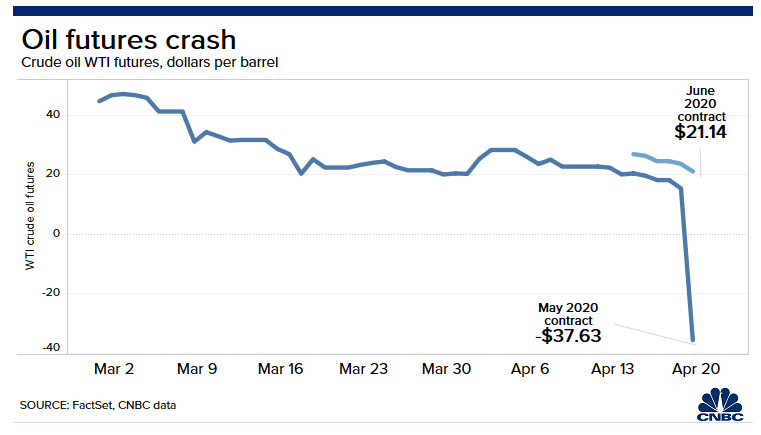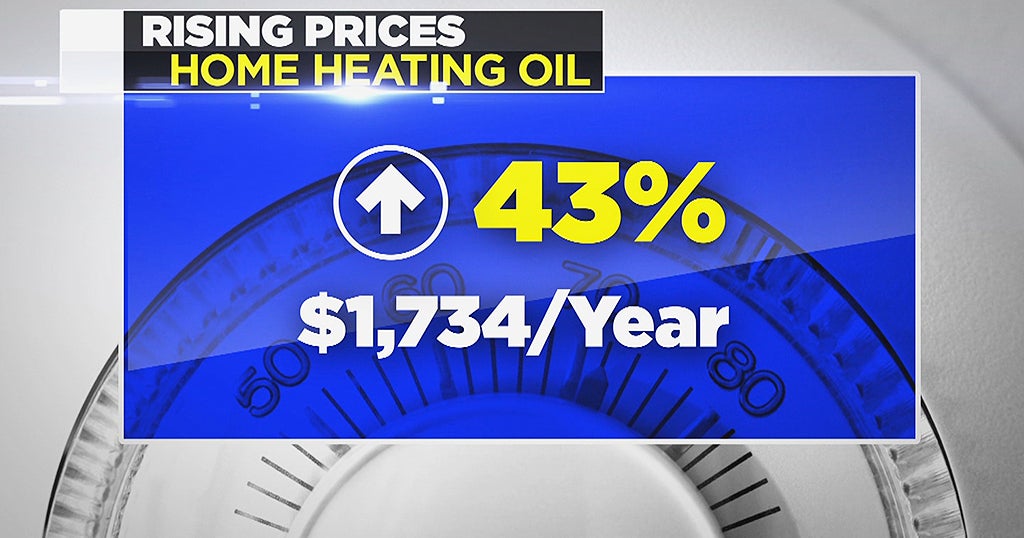Recognizing the Aspects Influencing Home Heating Oil Costs
Comprehending the Aspects Influencing Home Heating Oil Costs
Home home heating oil rates go through numerous factors that identify their variation out there. This introduction intends to clarify the crucial elements that influence these rates. One significant element is the relationship in between supply and need. The schedule and demand for heating oil greatly influence its rate. An additional factor is the rate of unrefined oil, as home heating oil is originated from it. Variations in petroleum rates straight influence home heating oil prices. Additionally, climate patterns play an essential role. Severe climate condition can impact the need for home heating oil, bring about rate changes. Government policies and global political events additionally exert an impact on home heating oil rates. Comprehending these variables is necessary for customers and industry professionals alike, as it enables for notified decision-making and preparation.
Supply and Need
Supply and need play an important duty in figuring out home heating oil costs. The cost of home heating oil is affected by the equilibrium in between the readily available supply and the demand from consumers. When the supply of home heating oil is low, either due to production issues or disruptions in the oil market, prices tend to increase. On the other hand, when the supply of home heating oil is bountiful, costs tend to lower.
The demand for home heating oil is affected by numerous aspects, including weather condition conditions, economic problems, and customer actions. During chillier months, when the need for heating oil is high, rates might increase due to boosted competition for limited supply. Throughout durations of economic development, as even more homes can manage to warm their homes, demand for heating oil might increase, leading to greater prices.
Alternatively, throughout milder climate condition or economic slumps, the demand for home heating oil may lower, resulting in reduced rates. Additionally, changes in consumer actions, such as the fostering of more energy-efficient furnace or alternative energy sources, can also affect the demand for home heating oil and consequently impact rates.

Petroleum Costs
Unrefined oil rates dramatically influence the total cost of home heating oil, as they function as a vital component in the rates of this essential fuel source (long island home heating oil prices). Home home heating oil is acquired from petroleum with a refining procedure, and as a result, any adjustments in unrefined oil prices will directly affect the price of home heating oil
Crude oil prices are influenced by a variety of elements, including international supply and demand characteristics, geopolitical stress, economic problems, and market conjecture. When petroleum costs increase, the price of refining and creating home heating oil additionally raises, resulting in greater prices for customers. On the other hand, when crude oil rates decrease, the cost of generating and improving home heating oil lowers, leading to reduced costs for consumers.
The international petroleum market is very unstable and subject to fluctuations as a result of various variables. Any disturbance in the international supply of petroleum, such as natural calamities, political conflicts, or production cuts by major oil-producing countries, can trigger rates to spike. Furthermore, adjustments in worldwide financial problems, such as economic growth or economic crisis, can likewise influence petroleum costs.
It is essential for customers to remain informed regarding petroleum prices, as they can have a substantial effect on their home heating oil costs. Monitoring international oil market patterns and recognizing the factors that influence unrefined oil rates can assist customers make educated choices about their home heating oil purchases and manage their power expenditures better.

Climate Patterns
Weather patterns play an important function in establishing the need for and usage of home heating oil. The climate condition in a specific region can substantially affect the requirement for home heating oil, as cooler temperature levels normally cause greater intake. Throughout the winter season, when temperatures drop, homes depend heavily on heating systems to keep a comfy interior setting. Because of this, the demand for home heating oil increases.
Extreme weather occasions, such as tornados and blizzards, can additionally enhance the demand for home heating oil. These occasions usually cause power interruptions, making it required for households to count solely on home heating oil to warm their homes. Additionally, long term periods of winter can additionally extend the other heating period, causing increased consumption of heating oil.
Conversely, milder climate patterns can decrease the need for home heating oil. In regions where the winter seasons are relatively light, homes might require much less heating oil to maintain a comfortable temperature, leading to reduced intake.
Moreover, weather patterns can also impact the transport and delivery of heating oil. Extreme weather conditions, such as hefty snow or ice storms, can impede the transport of oil to households, leading to possible supply disruptions and cost variations.
Government Plans
One significant element that affects home heating oil rates is the implementation of federal government policies. Government policies have a direct influence on the supply and need dynamics of the home heating oil market, which consequently impacts the rates consumers spend for this vital commodity.
Federal government policies can take various types, such as laws on oil production, tax, and subsidies. For instance, restrictions on oil boring or expedition can restrict the supply of home heating oil, bring about higher prices. On the various other hand, government aids on home heating oil can help reduce the price for customers, making it extra budget friendly.
Taxes is another crucial element of government policies that affects home heating oil prices. Higher taxes on oil production or consumption can enhance the costs for oil business, which can be handed down to consumers in the type of higher prices. On the other hand, lower taxes can result in reduced prices for consumers.
Furthermore, government plans intended at advertising eco-friendly power resources can have indirect impacts on home heating oil prices (heating oil prices long island). As the need for alternative energy resources increases, the need for home heating oil may decrease, leading to reduced costs
Global Political Events
Worldwide political events can considerably influence home heating oil rates. The security of oil-producing nations and the geopolitical stress in between major oil-consuming countries can produce volatility in the worldwide oil market, which ultimately influences the cost of home heating oil.
When political occasions interrupt the production and supply of oil, such as problems or sanctions on oil-producing countries, it can lead to a reduction in oil outcome and a boost in prices. As an example, political unrest in major oil-producing countries like Iraq, Iran, or Venezuela can create interruptions in oil supply, resulting in greater costs for home heating oil. Political problems between major oil-consuming countries, such as trade conflicts or geopolitical tensions, can also affect oil rates.
Furthermore, political choices connected to energy policies, such as adjustments in regulations or tax obligations, can have a straight effect on the expense of home heating oil. As an example, federal government actions focused on advertising sustainable power look what i found sources or reducing carbon discharges might raise the expense of generating and distributing heating oil, leading to greater prices for consumers.
Therefore, it is vital for consumers and sector stakeholders to closely keep track of worldwide political events as they can have a substantial impact on the price of home heating oil. By staying notified regarding geopolitical advancements and recognizing their potential effect on the oil market, consumers can make educated decisions and alleviate the economic influence of altering oil costs.
Conclusion
To conclude, click for more home heating oil rates are affected by numerous variables consisting of supply and need characteristics, petroleum rates, climate patterns, federal government plans, and global political events. These factors interact with each other to establish the overall price levels on the market. It is necessary for policymakers and consumers to comprehend these consider order to make informed choices and minimize potential rate fluctuations in the future.
Fluctuations in unrefined oil rates directly affect home heating oil prices. When crude oil prices climb, the expense of improving and creating home heating oil also enhances, leading to higher rates for customers. On the other hand, when crude oil prices decline, the expense of fine-tuning and producing home heating oil lowers, resulting in reduced costs for consumers.
Limitations on oil boring or exploration can limit the supply of home heating oil, leading to greater prices.In verdict, home heating oil costs are influenced by various aspects including supply and need characteristics, unrefined oil rates, weather patterns, government plans, and global political occasions.